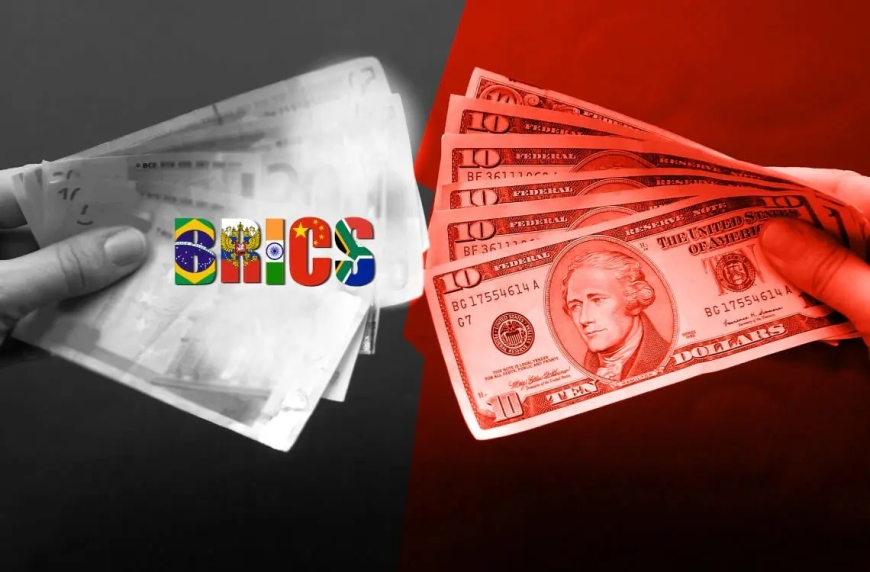BRICS Nations Look at Dollar Alternatives in Pursues Economic Independence

Brazil, Russia, India, China, and South Africa—the BRICS bloc—have stepped up initiatives to cut their dependence on the U.S. dollar in world commerce. Sergey Lavrov, the Russian foreign minister, disclosed that the organization has developed alternate payment channels rather steadily. In an interview with TV BRICS, Lavrov said that these systems seek to offer more stability and independence from the dollar, which many BRICS leaders see as ever more erratic and political. Finance ministers and central bank chiefs debated the structure for these other systems at a recent summit in Kazan, Russia.
Using digital financial assets and a special financial messaging system that avoids conventional dollar-dominated routes is one essential component of BRICS' approach. Lavrov pointed out that the United States, which he says leverages the dollar's predominance to keep world economic control, has sometimes exploited it as a "tool of aggression." The United States has sanctions on nations like Russia and Iran in recent years, which has driven BRICS members to look for payment methods less prone to political influence. Over 60% of world foreign exchange reserves are expected to be held in dollars by 2023, highlighting the difficulty BRICS has in changing global trade rules.
BRICS has grown its membership in line with its dedication to increasing economic autonomy, welcoming Egypt, Ethiopia, Iran, the UAE, and Saudi Arabia among other countries. According to Lavrov, the enlarged group—which now accounts for over a quarter of world GDP and roughly 40% of all people—aims to establish a "long-term, stable" financial system. As Brazil takes over the BRICS leadership in 2024, the next government is expected to keep improving these payment systems in line with a larger worldwide economic reform agenda.
Successful alternative payment systems, according to analysts, might fundamentally change the global financial scene. With the greenback utilized in 60% of all global debt, about 88% of foreign exchange transactions today revolve on the dollar. Particularly for developing nations exposed to dollar swings, a BRICS-backed payment system could help to diversify the financial sector.













































